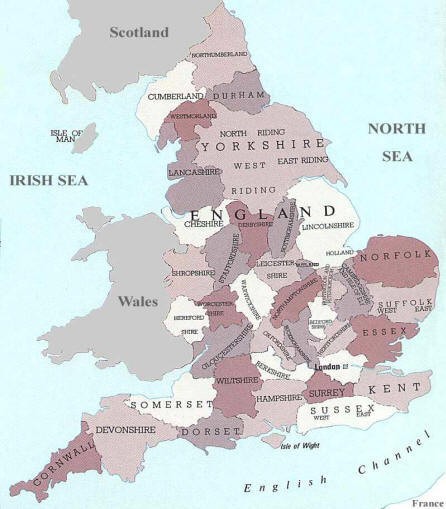 Having declared that he would never take Britain out of the E.U., David Cameron is worthy of the British Gazette’s critical attention. However, readers should not run away with the idea that Cameron is not a very cleaver man. He is. His statements and actions following the inconclusive result on Thursday 6th May, clearly shows he is seeking to manoeuvre Clegg into a vulnerable position. Clegg’s continuing contacts with Labour demonstrate he is aware of this.
Having declared that he would never take Britain out of the E.U., David Cameron is worthy of the British Gazette’s critical attention. However, readers should not run away with the idea that Cameron is not a very cleaver man. He is. His statements and actions following the inconclusive result on Thursday 6th May, clearly shows he is seeking to manoeuvre Clegg into a vulnerable position. Clegg’s continuing contacts with Labour demonstrate he is aware of this.
As of Midday 10th May, little is being revealed about the negotiations but it is clear that the Tories are not prepared to concede on electoral reform. Therefore the Lib-Dems have to consider the consequences of a coalition with the Tories. Given that there are very painful public spending cuts coming down the track and with them large scale strikes by public sector workers, Clegg will know that he will have a torrid time trying to cajole his MPs through the division lobbies in support of Tory public spending cuts. He will also know that should such a coalition government fall the Tories will point out to the electorate at the resulting general election that Clegg’s idea of coalition politic DOES NOT WORK. The British electorate will promptly vote largely for the Tory and Labour parties.
Understand this. The Americans – who use the First Past the Post system throughout their democracy call the system the TWO PARTY SYSTEM. Whilst not technically accurate, this description fully described how the system best works. FPTP works well with TWO parties. With three or more IT BREAKS DOWN.
If the Liberal Democrats want to survive as a political force in the UK. – as they are the most enthusiastic Europhiles the British Gazette clearly does not want them to – then their ONLY hope is to cobble together a short term coalition with the Labour party.
This is how it would have to work:
A coalition is formed for the purpose of putting through one bill through parliament. It would be a very brief gracious speech. That would be electoral reform. So called “constitutional experts” say that it would be at least three years before such could be instituted. This is nonsensical rubbish! What would have to happen is that the bill is put through parliament – although itself a minority the coalition would with the help of the nationalist parties be able to push it through the Commons – just! The bill goes through the Lords – there may have to be a number of additional peers created to effect this. When the bill receives the Royal Assent and becomes law a new election is called as the coalition would have to declare that it does not have a proper mandate from the British people to embark upon the measures needed to tackle the country’s debts.
Question: Would the British People punish the Labour and Liberal parties? You bet they would!
However, depending upon the variant of PR adopted the two parties would be to a greater or lesser extent protected – in terms of the numbers of the seats they would end up with – from the voters’ wrath.
Of all the various forms of PR, Labour’s choice of the alternative vote – which is not really PR – will offer the least protection from the peoples’ fury. The system which would offer the most protection would be a system which is currently used for the elections to the abomination that is the never to be sufficiently damned European Parliament – the closed party list system.
A variant of this could be sold to the voters; If the coalition was clever what they could do is to put in a bill a devolving clause that gives the power to the Scottish and Welsh legislatures to decide upon the type of electoral system for parliamentary constituencies within their borders. Such devolution would GUARANTEE nationalist support for the bill. Since the vast majority of these seats are not favourable Tory territory, continuance of FPTP as a result of an early election would not present a threat. It is the 533 English constituencies where the threat would lie as it is the English voter whose wrath the coalition would be fearful of. To sell the closed party list they could present it in a very traditional English form: the County List system. How would this work?
By reviving – as constituency boundaries – the traditional English counties. There was much anger when the arch traitor Heath attacked these ancient bodies. Clearly however there are enormous differences in the size of the populations, as for example between the counties of Middlesex and Rutland. There is however a very simple solution to this. Differing numbers of MPs! Rutland would probably have but one MP and therefore still elect it’s member by FPTP. If you divide the number of English MPs – 533 – by the number of English counties – 42 – one obtains an average of 12.69 MPs per county.
Speaking the Truth unto the Nation
